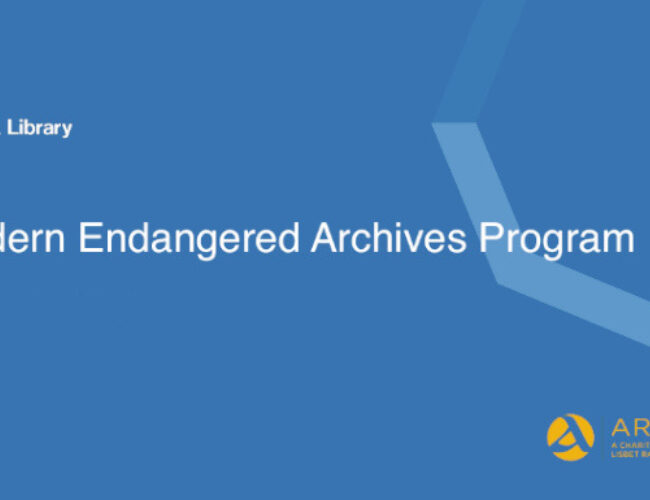Musical and oral traditions of desert populations in western Rajasthan are sacred to the local community, but are slowly disappearing from existence. To preserve these traditions, researchers of the AIIS will digitize a collection reflecting the auditory traditions of the native heritage and culture.

Throughout the late twentieth century, some of India's most marginalized communities in the desert region of western Rajasthan created and continued a set of musical and oral traditions such as ballads, oral epics, and storytelling by hereditary musician castes. However, despite being treasured by researchers and the local population, these traditions are disappearing. In order to preserve the auditory and oral heritage, the Archives and Research Center for Ethnomusicology (ARCE) at the American Institute of Indian Studies (AIIS) will digitize a collection of recordings on audio cassettes that date from 1980 to 2003.
The collection consists of sound recordings and audio cassettes. In total, there is an estimated 1,200 items. The materials will be transferred from Rupayan Sansthan (RS) to the ARCE in Gurgaon for digitization. The team will attempt to go beyond creating basic metadata by further documenting the recordings and linking them with documents from the RS collections. The project will not only digitize the audio recordings, but will also coordinate institutional collaboration and capacity-building between RS and the practitioner community.
The timeline for this project has been delayed due to limitations caused by COVID-19.
